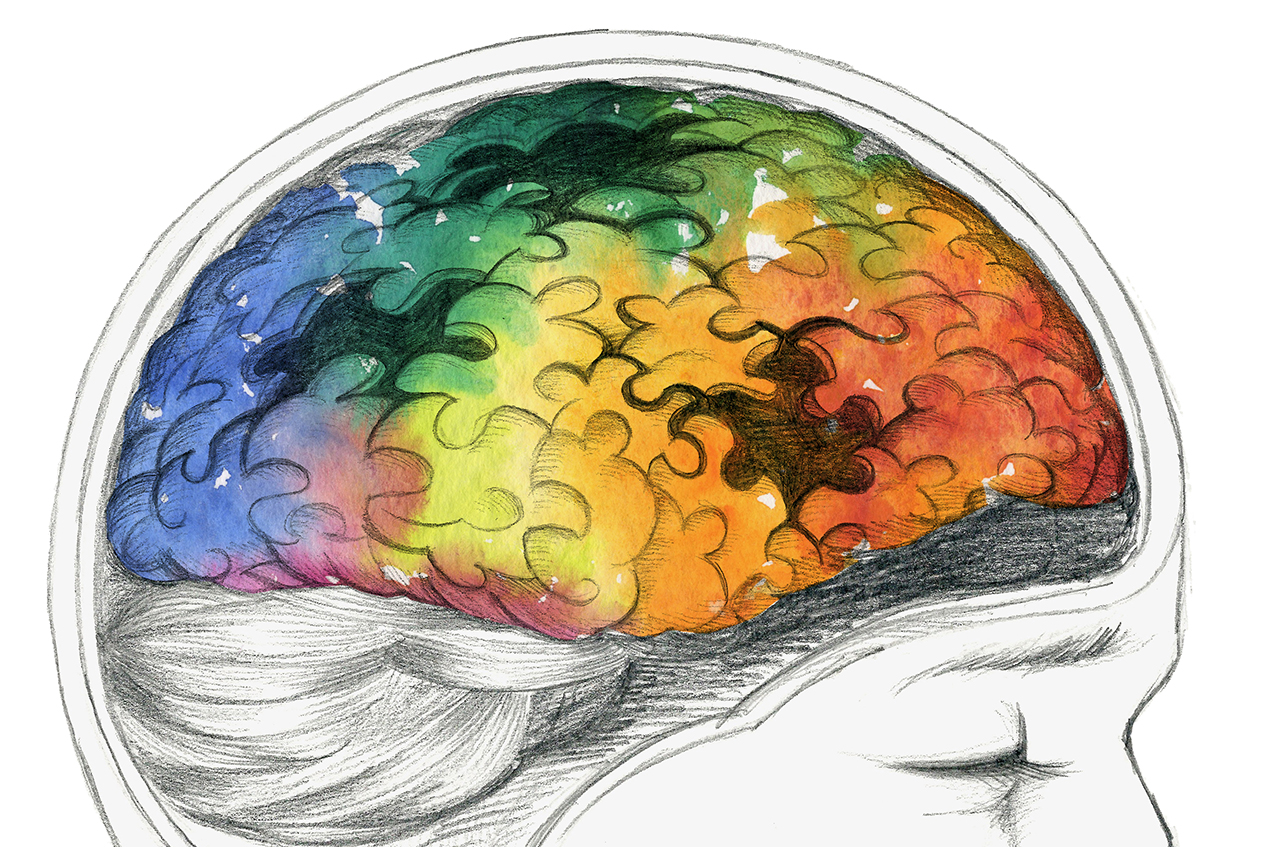Alzheimer’s disease researchers have long struggled to fully establish how genetic risk leads to memory loss and cognitive decline. A new study from the Zilkha Neurogenetic Institute, part of the Keck School of Medicine of USC, has been published in the Journal of Experimental Medicine for adding a crucial piece to that puzzle.
It documents in real time that APOE4 — the main susceptibility gene for Alzheimer’s disease — leads to molecular changes in the brain’s blood vessels, which are then followed by changes in the synapses that connect brain cells. The study also suggests potential targets in blood vessels for treatment early in the disease process, before cognitive decline occurs.
To continue reading this story, click here.


